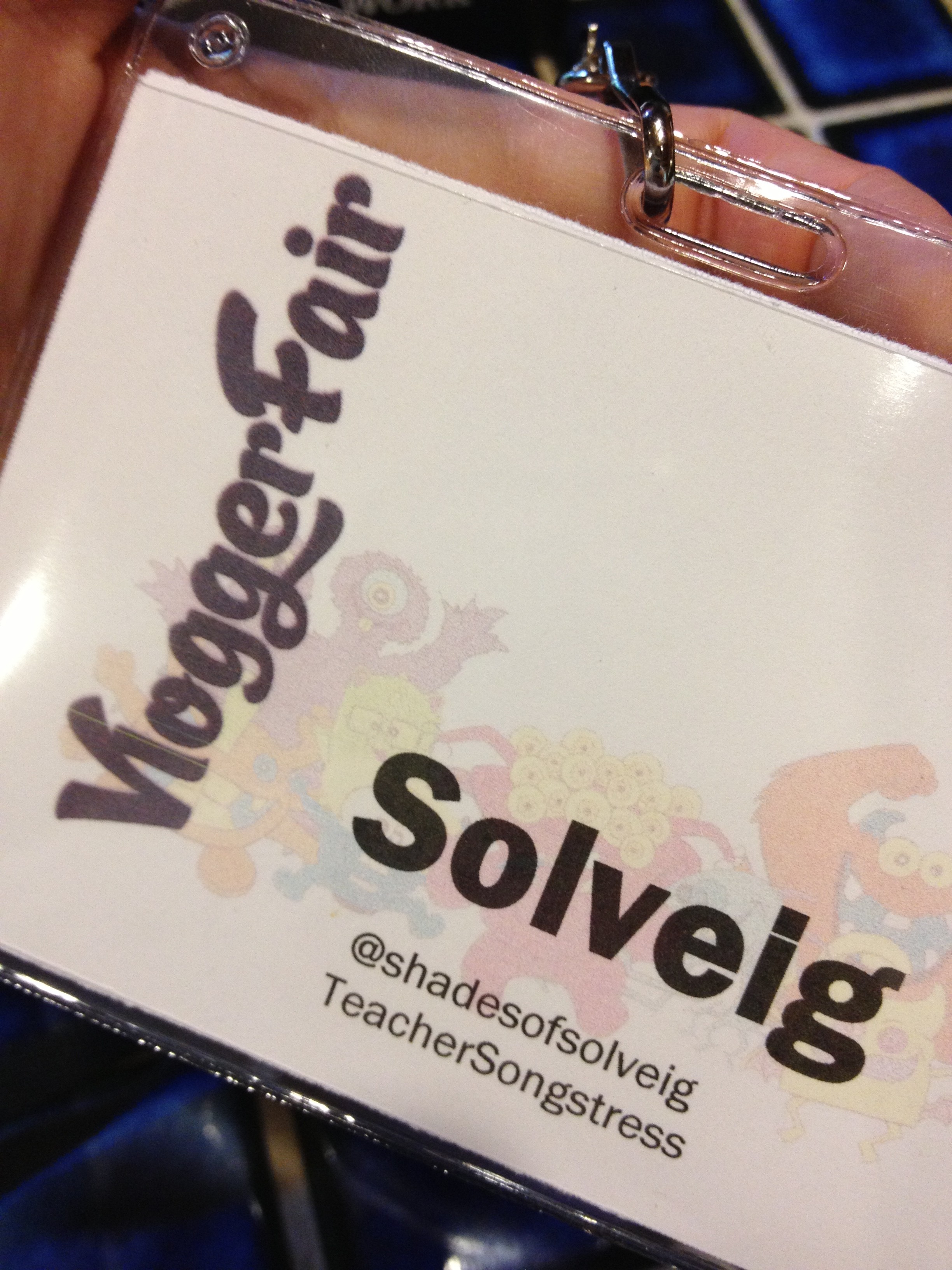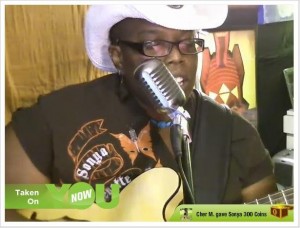In today’s 35 minute episode I talk with my friend, music business consultant, newly published music marketing author, and just a lovely, genuine, and interesting human being, Aaron Bethune (@PlayItLoudMusic).
Aaron and I talk mostly about his new book, Musicpreneur: The Creative Approach To Making Money In Music (you can get a few chapters for free by signing up on the book website).
Eric Alper, Director of Media Relations for eOne Music Canada, has said, “This book might just be all you’ll ever need to read.”
Aaron and I discuss what makes his book different from most of the other music marketing books I’ve read, including:
- Why Aaron started the book with a personal story about the time he came within 200 meters of one of the world’s seven summits, Cerro Aconcagua, and what that has to do with a career in music
- Fan profiling, storytelling, being authentic and how to connect with fans
- The reason 99% of musicians don’t manage to make a living in the music business, and how to be one of the 1% who do
- The biggest obstacle to success for most indie musicians
- Real life examples of how Aaron approached marketing two very different musicians whose music is in the same genre or format
- How to identify possible sponsorship opportunities
[Tweet “Who cares if you have a million followers if you’re not reaching your fans”]
I think you will enjoy our conversation as much as I did. Let me know in the comments!



